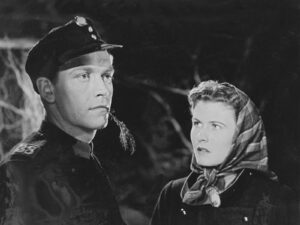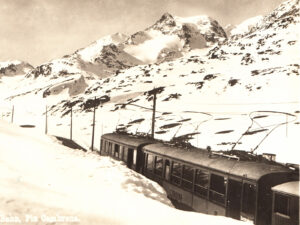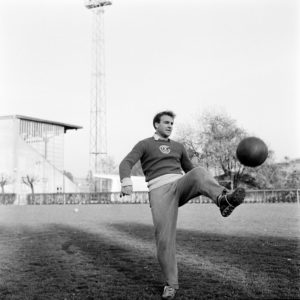
The misfortunate Oscar
An Academy Award: sign of triumph, success and recognition? Not always. In the case of "The Search" by Zurich-based Praesens-Film, the award was more a symbol of frustration and pain. It even ruined half the life of one of its recipients.
Trailer of the 1948 film "The Search". YouTube
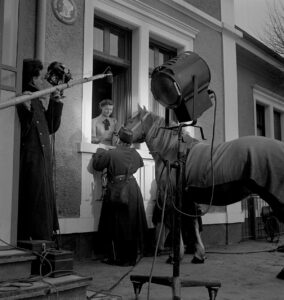
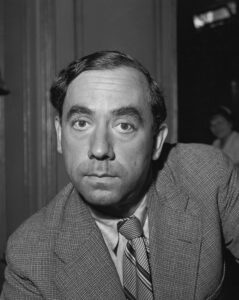
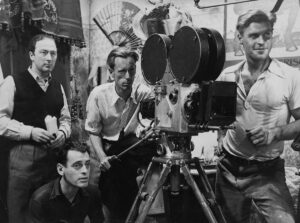
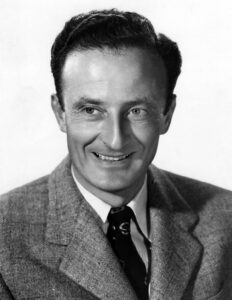

Oscar and Criticism for the Screenplay
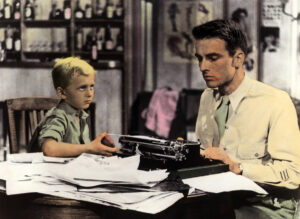
Close-up. Making Swiss film history
Praesens-Film AG celebrates its 100th anniversary in 2024. Switzerland’s oldest surviving film company has an eventful past that has taken it all the way to Hollywood. The exhibition shines a spotlight on the people who wrote Swiss film history in front of and behind the camera and shows the extent to which the silver screen has always reflected the zeitgeist.
Simply Zurich
The City and Canton of Zurich have a long and chequered history. This will be showcased in this permanent exhibition at the National Museum. From the model of a pile dwelling hut to the muesli grater and the flag of a youth movement, the show puts Zurich's rich past in the spotlight and brings an added dimension to the numerous historical objects with cinematic installations and state-of-the-art technology giving visitors a multimedia experience.

